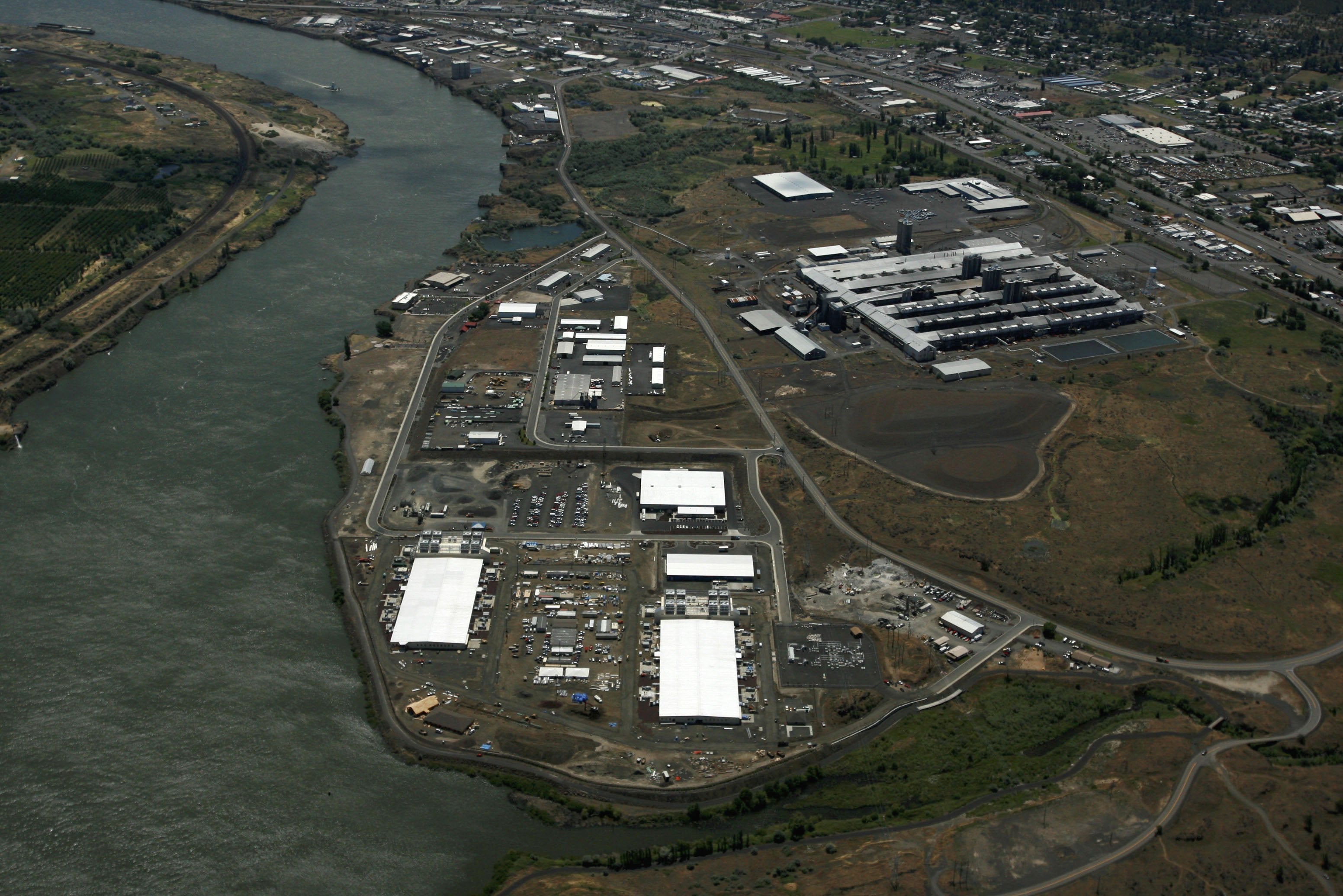‘Water vampire’ Google using remote Oregon town’s water to cool data centre as it plans expansion despite drought
Google’s water consumption has come under scrutiny recently as western parts suffer severe drought

Google is continuing to use almost one-third of the total water consumed in a drought-hit Oregan county, according to government records released following a long legal battle.
The data was released after a 13-month-long legal fight between local media outlet The Oregonian/OregonLive and the city of The Dalles.
It showed that the search giant consumed about 1.2 billion liters of water during 2021 at its facilities in The Dalles county alone, an amount staggeringly higher than the water it consumes in other counties.
The Oregan city is home to a major Google data centre and has been granted tax breaks in order to expand its presence, the outlet reported.
“I don’t believe that the best interests in the greater community have been in mind. It’s been more of a short-term economic deal… just to get Google in. And then Google’s become a water vampire, basically,” Dawn Rasmussen, who lived in an unincorporated area of Wasco County outside the city limits told The Oregonian/OregonLive .
However, its water consumption has come under scrutiny recently as western parts suffered a severe drought. As much as 98 per cent of the county is categorised as being in a state of “extreme drought”.
However, the city refused to provide the water usage information to the media outlet, calling that information a trade secret that isn’t subject to disclosure under the state public records law. But the Wasco County district attorney approved the release of the details after a year-long legal battle.
“The information itself is of the highest public interest,” Ellen Osoinach, the RCFP attorney who represented The Oregonian/OregonLive in the case, was quoted by The Register as saying.
“This is a limited, communal resource and the West is in a drought,” Osoinach said. “There are data centres all over the country and right here in Oregon, and the amount of water they consume is something that’s incredibly important to all water users.”
Concerns have been raised about Google’s increasing water demand as it eyes expansion while the city faces a shortage. According to The Oregonian, the tech giant’s water use at the facilities in The Dalles has nearly tripled in the past five years, and it claims that it now consumes more than a quarter of all the water used in the city.
“If the data centre water use doubles or triples over the next decade, it’s going to have serious effects on fish and wildlife on source water streams, and it’s potentially going to have serious effects for other water users in the area of The Dalles,” John DeVoe, executive director of the nonprofit advocacy group WaterWatch, told The Register.
Join our commenting forum
Join thought-provoking conversations, follow other Independent readers and see their replies
Comments


Bookmark popover
Removed from bookmarks